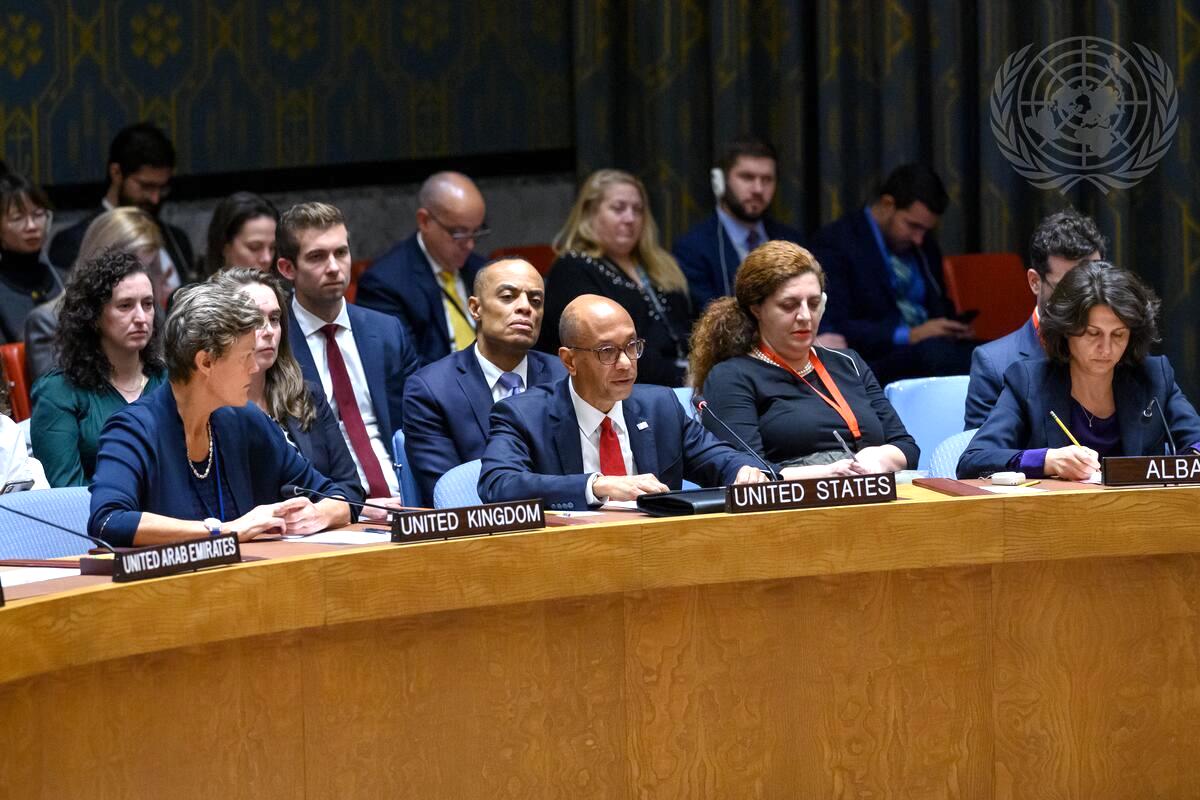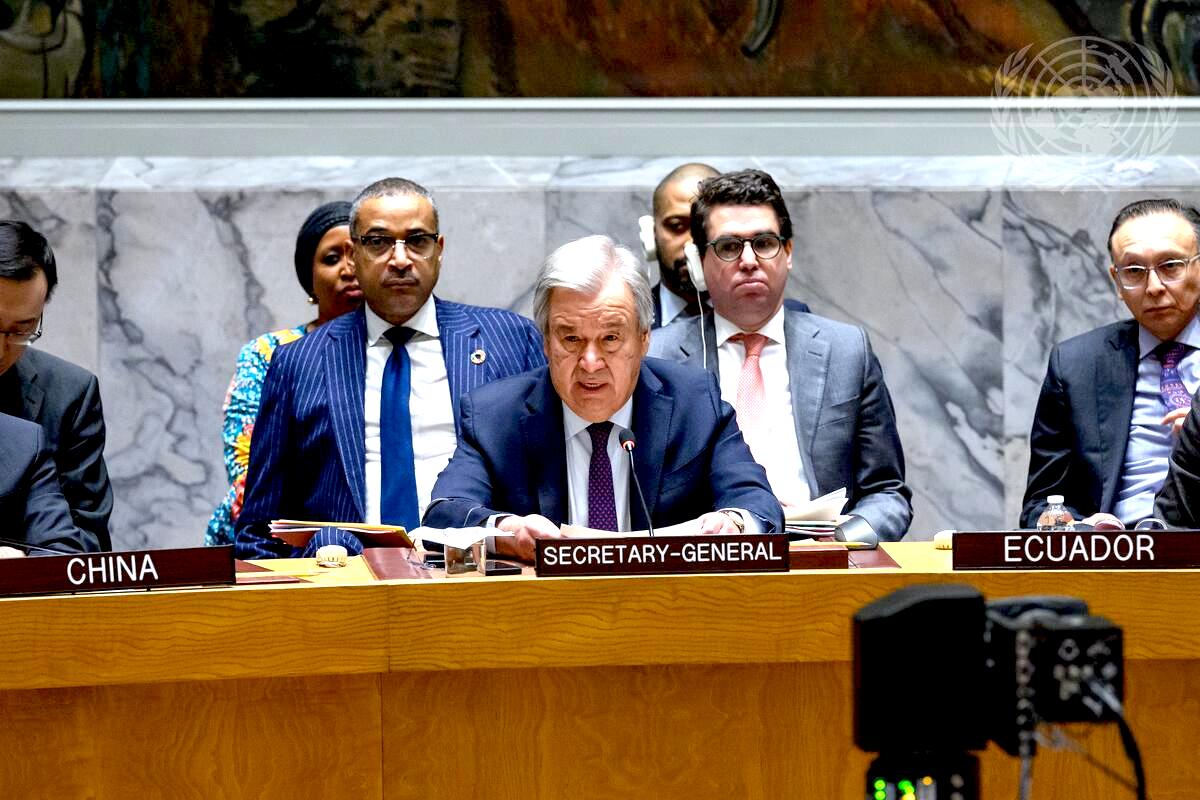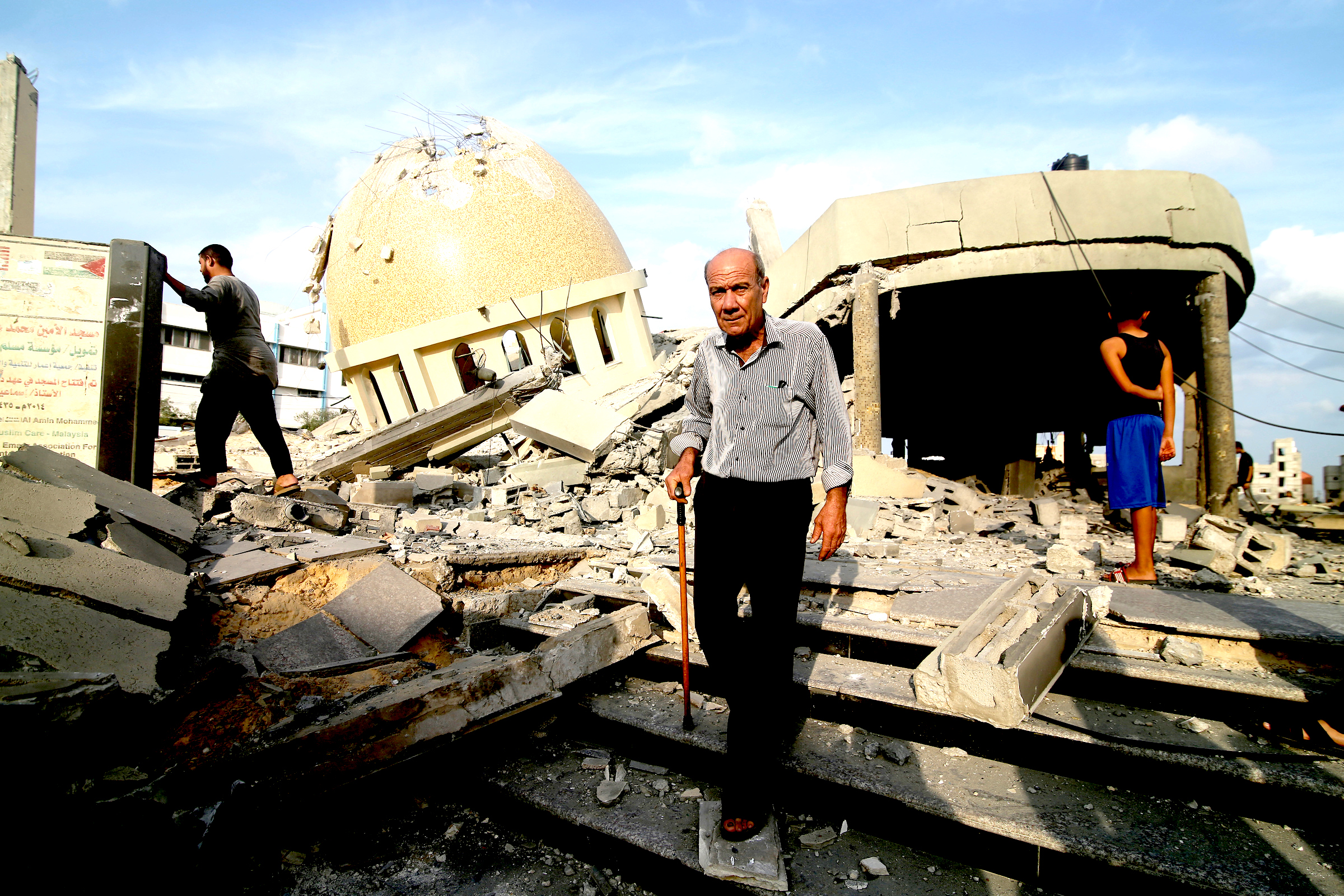The UK's Carrier Strike Group will visit Japan in 2025, as announced by Defence Secretary Grant Shapps recently. This visit is a part of the "Hiroshima Accord" agreed upon by the leaders of the UK and Japan in May of this year. Normally, fleet visits are a normal aspect of military exchanges between countries, but Shapps claimed that the deployment of the Carrier Strike Group "sends a strong deterrence message," which has added a significant geopolitical competition element to this potential visit. He even said, with a somewhat threatening tone, "The strength and global reach of the UK's Armed Forces should never be underestimated."
Shapps did not specify whom his threat was directed at, but he mentioned the Taiwan Straits, which is believed to be an attempt at "restraining China." If that is the case, it is indeed an overestimation of UK's capabilities. If his target audiences are countries in the Asia-Pacific region, apart from a few allies, most countries in the region would simply laugh it off and not take it seriously. The UK once had many colonies in the Asia-Pacific region, but it should not misjudge the current times. Today, this region is the most dynamic in the world, with a majority of countries pursuing independent and autonomous diplomacy.
In fact, no one "underestimates" the UK. It is the UK itself that cannot position itself correctly. Some Europeans criticize the UK, saying "there are two kinds of European nations; there are small nations and there are countries that have not yet realized they are small nations." This satirizes the UK's lingering "imperial dream."
The British Royal Navy currently has two aircraft carriers, the HMS Queen Elizabeth and the HMS Prince of Wales, both of which have been plagued with problems and have experienced serious water leakage incidents, earning them the nickname "sieve ships" by foreign media. As early as 2021, the HMS Queen Elizabeth embarked on a "global cruise mission," during which a fighter jet crashed into the Mediterranean Sea, becoming a laughingstock. Now, the British Royal Navy is unable to assemble enough aircraft and escort fleets for two aircraft carriers. The fate of this "sunset fleet" reaching the Pacific without encountering any breakdowns along the way is uncertain, and even if it manages to reach its destination, it is likely to do so with diminished capabilities.
London should have some understanding of these issues. Why did it set the deployment of the Carrier Strike Group for 2025? There is a mystery behind this: 2024 is the year of the general election in the UK, so this is like an empty promise made in advance to the voters. Regardless of the reasons behind the British side's considerations and whether the Carrier Strike Group will actually be deployed to the Asia-Pacific region in two years, such hype and performance will not enhance the international image of the UK but only bring it closer to becoming a laughingstock.
In recent years, the UK and Japan have promoted a lot of bilateral and multilateral military security cooperation, including joint development of next-generation advanced fighters, and the signing of a reciprocal access agreement and so on. The two countries have praised each other as "closest security partners" in Europe and Asia. Some mentioned the "Anglo-Japanese Alliance" over 100 years ago during the imperialist era, excitedly claiming that the two countries are forming a "new Anglo-Japanese alliance." The "Anglo-Japanese Alliance" in history was signed, renewed and expanded three times, each time accompanied by aggression and division of Asia-Pacific countries. It can be said to be a complete imperialist axis, a tool for oppressing the people of the Asia-Pacific region.
Today, the British and Japanese governments are not ashamed but rather proud of that period of history. This shows that the failure to thoroughly reflect on and hold themselves accountable for the mistakes they made at that time is the root cause of the two countries continuing to go astray in the international arena. The history that the two countries are proud of is precisely what regional countries hate the most. Shapps claimed that the group will work alongside the Japanese Self Defence Forces and other partners to help defend peace and stability in the Indo-Pacific. Such rhetoric is unlikely to win the trust of regional countries.
A previous column in a Hong Kong media outlet commented that the great power game situation provoked by the US has allowed some countries with a history of colonialism and imperialism to once again rekindle the "great power dream" of participating in changing history. This comment vividly depicts the current inner state of Britain and Japan. They hope to get a free ride on America's global competition. It is for this reason they do not hesitate to take the initiative to take on the role of pawns for the US. In this sense, although both Britain and Japan face many internal and external difficulties, they are seeking to enhance their presence in the US global military strategic system. However, trying to regain glory by showing off power is simply drinking poison to quench one's thirst; acting as a scaffolding for the US' foreign strategy will only diminish their own significance.
Peaceful development is the trend of the times, and militarism cannot bring about a better world. Perhaps London still retains some of its old dream of "gunboat diplomacy," making it look even more bizarre and lacking in self-awareness in today's era. In the eyes of the outside world, Britain's "sunset fleet" should just stay surfing the internet. After all, this is less harmful and possibly less costly for them.






 T
T





















